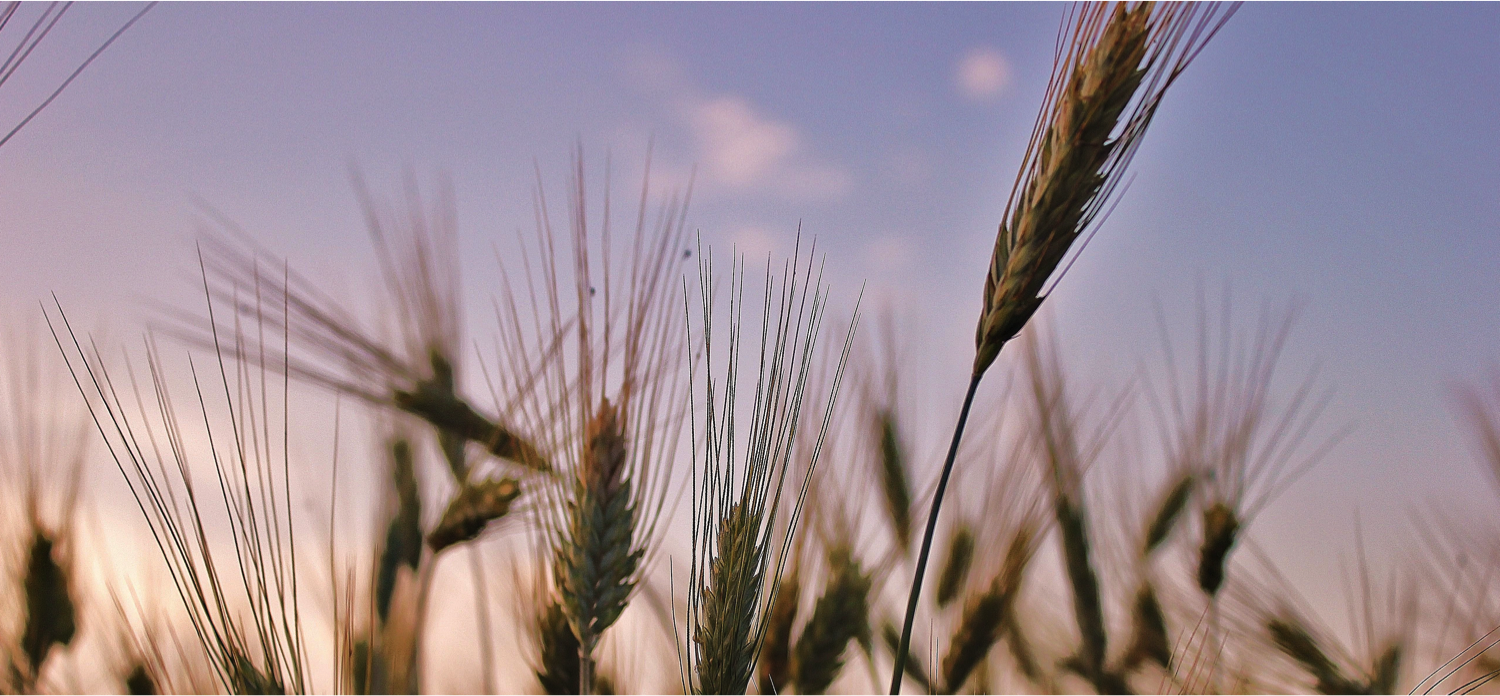By GAI News staff
The economy of Kazakhstan is facing challenges on multiple fronts. Falling global agricultural commodity prices, an economic recession in Russia, and a dependence on oil revenue at a time of record low oil prices have driven the country to examine its alternatives, including foreign investment-supported development.
As a part of the growth of China’s Silk Road initiative, Chinese companies are currently in discussions with their Kazakh counterparts and the Kazakh government regarding the investment of $1.9 billion across 19 agricultural projects in the Kazakh sector.
Although Kazakhstan is the eighth largest wheat producer in the world, its agricultural industry and supply chain are seriously in need of modernization and financing, and it is toward this industry that the country’s government is looking to mitigate its heavy reliance on oil revenue.
The government must tread carefully, however, as the topic of foreign control of domestic agricultural land has been contentious ever since 2010 when citizens protested the announced intention by the government to lease one million hectares of farmland to Chinese investors. Following the protests, the plan was subsequently abandoned.
More recently, renewed protests have erupted in the country as citizens believed that a new law would make it legal for foreign investors to buy Kazakh farmland. The implementation of the law has been delayed and both the country’s agriculture minister and economic minister have resigned amid the unrest.
Kazakhstan’s deputy minister of agriculture, Gulmira Isayeva, has made a point to be clear that Chinese companies were, for the most part, not seeking to lease large parcels of Kazakh farmland but rather were looking to invest in processing activities in partnership with Kazakh companies, reports The Stock Market Today.
Reinforcing the fact that Chinese investors were looking toward processing and not land tenancy, in December 2015, it was announced that The Silk Road Fund and KAZNEX INVEST JSC signed an agreement in Beijing to form the $2 billion China-Kazakhstan Production Capacity Cooperation Fund, which is designed to foster greater production capacity cooperation between the two countries “on top of projecting investments in relevant areas”, reports China Daily.
Some of the specific investments being pursued include a $200 million investment by Rifa Investment into beef, lamb and horsemeat production, a $1.2 billion investment by Zhongfu Investment Group into oilseed processing, and an $80 million investment on the part of COFCO into tomato production and processing. Of these, the Silk Road sovereign fund is considering backing the COFCO and Rifa projects along with a $58 million grain processing joint venture between China’s AIJIU and Kazakhstan’s Total Impex.
Moving forward, it may prove to be challenging to bring together the opposing views of Kazakhstan’s population and its government vis a vis agricultural foreign investment. The Stock Market Today reports that Erlan Idrissov, Kazakhstan’s foreign minister, said in a separate interview, “China is a growing giant; we welcome its development. There is nothing bad in the growing presence of China in our part of the world. The prudent policy will be to find every opportunity to jump on board.”




